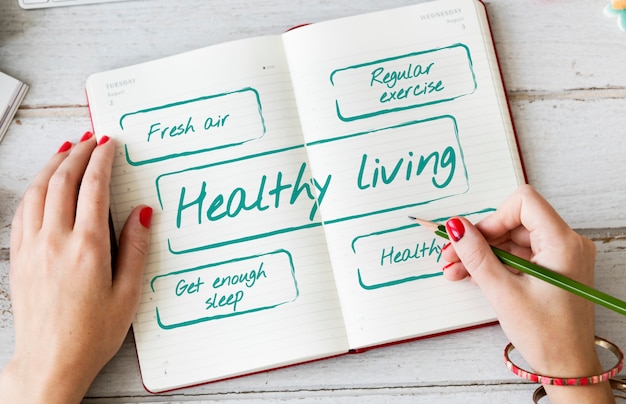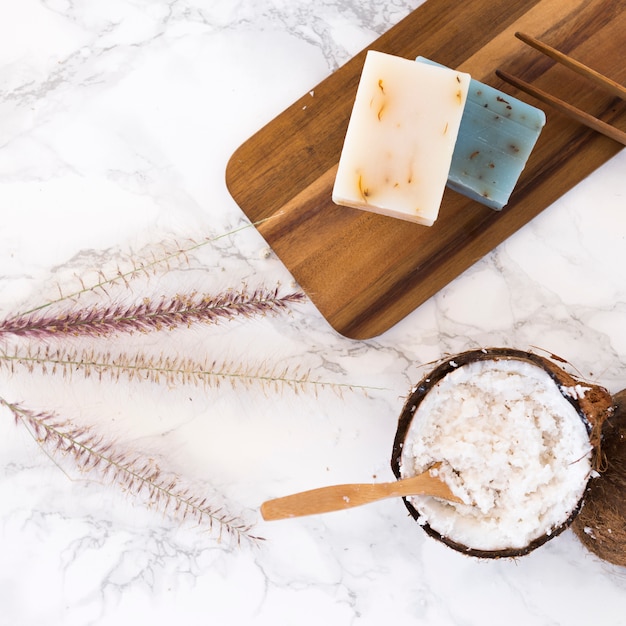
Sweating can tell us a lot about our health. If you notice a change in how much you sweat, it may signal a health issue. The smell of your sweat can be affected by many things, including chronic illnesses, medications, certain foods, stress, or hormone imbalances.
Don’t worry – sweating isn’t all bad! When we’re exposed to the sun for a long time, or when we exercise, sweating helps keep our bodies at a healthy temperature. It’s a big part of why humans can live in so many different climates.
The sweat our bodies produce comes in two types: “Eccrine” and “Apocrine”. Eccrine sweat is what our bodies produce all over when we’re hot or exercising. It doesn’t have a smell. Apocrine sweat comes from specific areas (like your armpits) and it’s usually odorless, too. However, when bacteria on our skin mix with Apocrine sweat, it can cause body odor.
Here are some common causes of body odor:
– Not washing regularly: If you don’t wash your body and change your clothes often enough, you’re more likely to have body odor.
– Sweating a lot: Some people naturally sweat more than others. This could be because of stress, physical activity, or even puberty. Kids usually don’t have body odor because their bodies aren’t producing much Apocrine sweat yet.
– Eating certain foods: Strong-smelling foods like garlic or spices can change the way your sweat smells. A Zinc deficiency can also affect body odor.
– Wearing certain materials: Clothes made from synthetic fibers like nylon can make sweat stick to your skin, leading to body odor.
Here are some tips to deal with body odor due to sweating:
1. Wash regularly and change your clothes, especially your underwear and socks.
2. Try to limit the amount of caffeine you’re consuming – these can stimulate your sweat glands and increase body odor.
3. Stay hydrated! Drinking lots of water will help your body produce more Eccrine sweat, which is less likely to create a smell.
4. Use deodorant or antiperspirants – they help mask the smell and reduce the amount of sweat your body produces.
5. Try and keep areas like your armpits clean by washing with antibacterial soap.
6. After a shower, consider using a special powder (available at pharmacies) that keeps your underarms dry.
7. Stick to cotton clothes that allow your sweat to evaporate.
8. Try at-home remedies like using vinegar, which acts as a natural antibacterial agent and can reduce odor.
If you’re trying all these methods and find they’re not working, you should consider seeing a professional. Severe body odor might be a sign of an underlying health issue that needs treatment.









